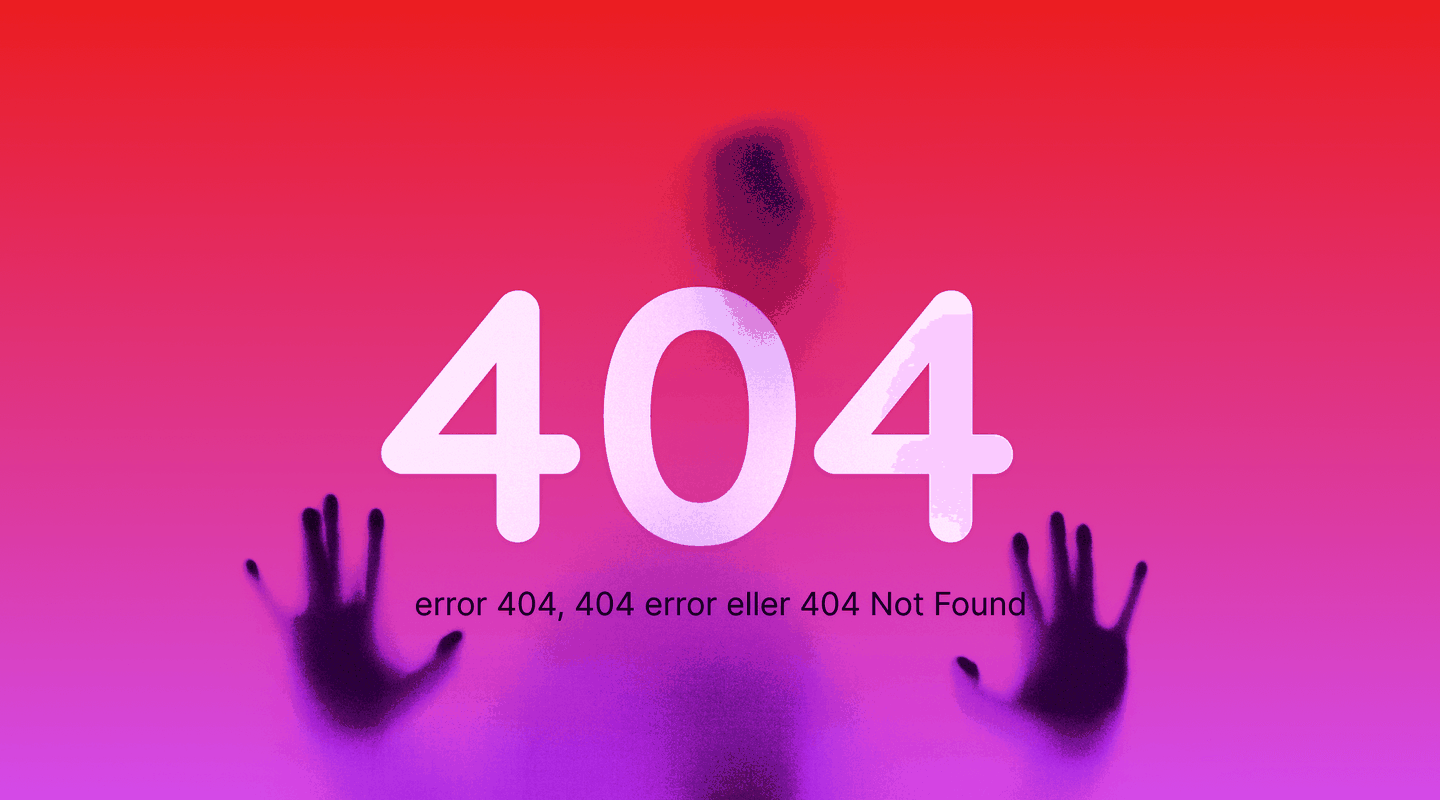Lots of code is written
The digital revolution is ongoing, and it only takes strokes of the fingertips on a keyboard to create the platforms that provide jobs for many people.
Coding with a tight deadline is not always a good thing. We see scary examples of platforms where investors have entered with loads of money, but under the skin, it's a mix of jumbled code. Authorities and the public sector (e.g. school and care platforms eager to launch) easily fall into this trap.
How can we create circular and sustainable cycles with apps that are built to last? How can we create businesses that are refined and platforms that are important to humans in the long term, not just quick cash for the select few? Apps should be built because they are needed, and those who code must take long-term responsibility for what they deliver.
I have been in the industry for a long time, these are my three most important takes:
1. Quality-assure the app
With apps, it's like building houses. Is the house being built to be sold or for you to live in it yourself? It is exactly the same with digital platforms. I am amazed every time that so few see the connection and understand the difference in quality here. Always choose developers who are forward-thinking, care about the app they're building, and write beautiful, structured code.
2. Future-proof the framework
A framework is an overall structure and collection of ready-made code for systems development that developers can call upon when writing their own code. Here, it is important to have a clear set of requirements on the platform and to choose a path early. Why does the platform exist? Who will develop it tomorrow? There is fashion in frameworks. Should you go with the flow or choose what suits you and your way of coding?
3. Future-proof the code
Experienced developers always write notes next to submitted code so they can go back and understand what has been done, both for themselves and also for the next developer who takes over. But here it is not enough to just note what has been done; you need to take it a step further and explain what problem the code solves, i.e. why the code is written. If you operate larger platforms with a well-thought-out strategy, this is important. New times bring new solutions to old problems (this has helped us several times) and this is a wonderful way to future-proof the app.
Writing music
Writing code is a craft that can be likened to writing music. The better the group, the better the music. The type of music played is a matter of taste, making the industry playful and enticing. As a UX designer, your role is to visually summarize the soul of the platform for users. You are the singer who carries the message.
In the community where I work, we do everything as a team. And to continue the musical reasoning above - we both sing and write the music together. Everything that is made is twisted and turned and peeled off in a minimalist spirit. What a user sees should feel simple and self-explanatory, but it's just as much about writing beautiful code and securing the apps we build going forward. I should clarify here that my view of app creation is that of the design strategist, the architect, and the product owner, and that I no longer code myself.
We have chosen Laravel as our PHP framework because we develop both web and payment platforms. Is it the right choice? Today we think so, but everything can change. Are we making a lot of mistakes? Yes, all the time! Then we redo it and then it usually gets much better. All I know is that I've been around a long time and hopefully have learned something from my mistakes. I hope my advice can help you in your app creation or in your choice of platform.
Read more about app development
Support – the secret gold when building a digital product
Get out of your hamster gear suit

